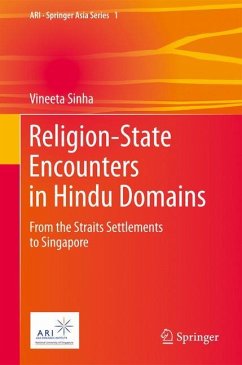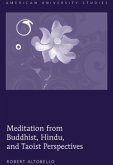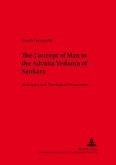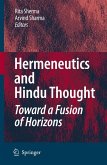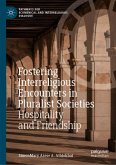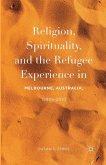The historical and empirical project presented here is grounded in a desire to theorize 'religion-state' relations in the multi-ethnic, multi-religious, secular city-state of Singapore. The core research problematic of this project has emerged out of the confluence of two domains, 'religion, law and bureaucracy' and 'religion and colonial encounters.' This work has two core objectives: one, to articulate the actual points of engagement between institutions of religion and the state, and two, to identify the various processes, mechanisms and strategies through which relations across these spheres are sustained. The thematic foundations of this book rest on disentangling the complex interactions between religious communities, individuals and the various manifestations of the Singapore state, relationships that are framed within a culture of bureaucracy. This is accomplished through a scrutiny of Hindu domains on the island nation-state, from her identity as part of the Straits Settlements to the present day. The empirical and analytical emphases of this book rest on the author's engagement with the realm of Hinduism as it is conceived, structured, framed and practiced within the context of a strong state in Singapore today. Ethnographically,the book focusses on Hindu temple management and the observance of Hindu festivals and processions, enacted within administrative and bureaucratic frames.
Bitte wählen Sie Ihr Anliegen aus.
Rechnungen
Retourenschein anfordern
Bestellstatus
Storno

